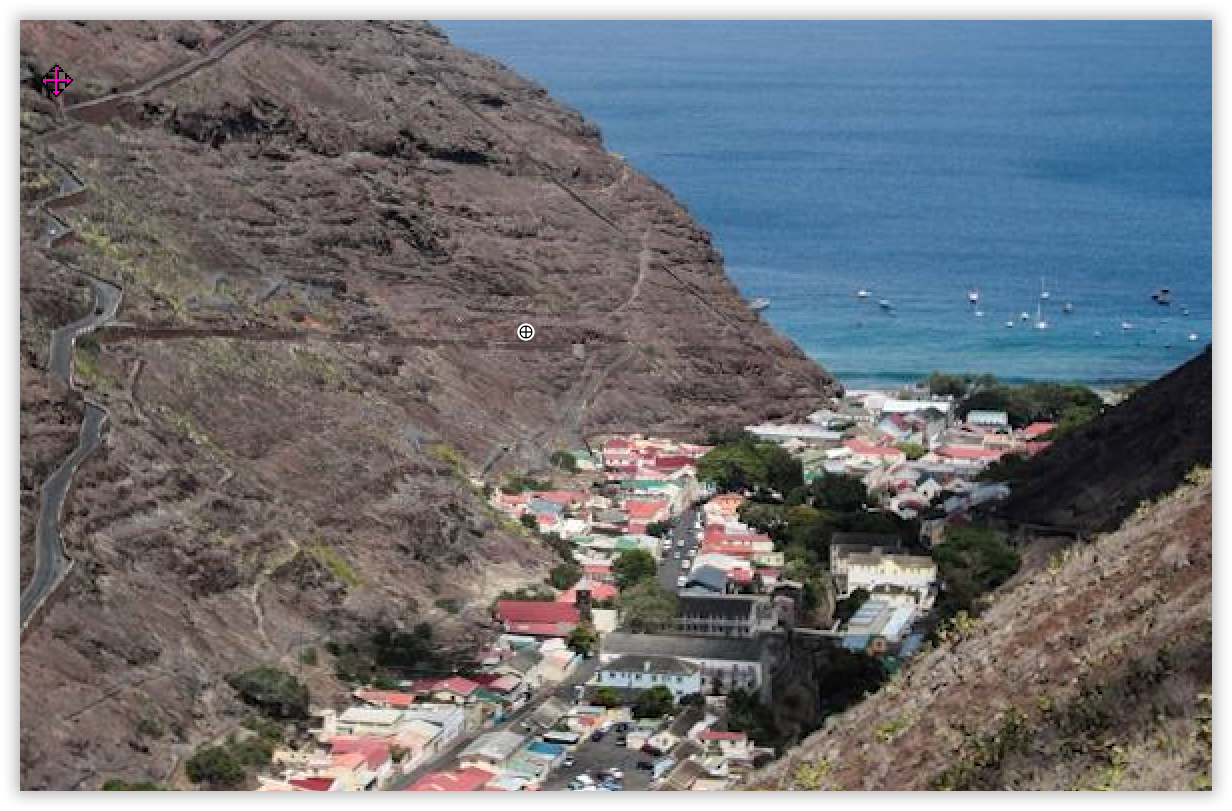 I last wrote about telecommunications in St Helena in February 2024, so it could be worthwhile reviewing St Helena terrestrial fibre optic network disaster if you are not familiar with the background of the issues discussed here.
I last wrote about telecommunications in St Helena in February 2024, so it could be worthwhile reviewing St Helena terrestrial fibre optic network disaster if you are not familiar with the background of the issues discussed here.
This post examines the recent breakdown in telecommunications negotiations between the St Helena Government (SHG) and Sure South Atlantic (Sure), and what it portends for the future of broadband connectivity in both St Helena and the Falkland Islands. Despite the arrival of the Equiano undersea cable in St Helena, outdated local infrastructure and exclusive licensing arrangements have stalled progress, echoing similar issues in the Falklands.
Drawing on the newly passed St Helena Communications Ordinance 2025 and the growing influence of Starlink, this post argues that Sure is possibly using infrastructure upgrade offers as leverage to maintain its monopolistic control. With Sure’s exclusive licences in both territories nearing expiration, both governments face a pivotal choice: maintain exclusivity or open the market to competition. The coming months will define whether digital access in these remote islands evolves into modern public utilities or remains trapped in outdated monopoly models.
I need to say up front that I have no knowledge of what transpired between the St Helena Government (SHG) and Sure in their negotiations. All that follows is therefore pure conjecture based on publicly available information and my own interpretation. As Sherlock Holmes put it in The Adventure of the Cardboard Box:
“We were simply there to observe and to draw inferences from our observations.”

The St Helena Government’s Press Release
On July 3rd 2025, the St Helena Government (SHG) issued the following press release concerning the breakdown in discussions about the future of telecommunications on the island.
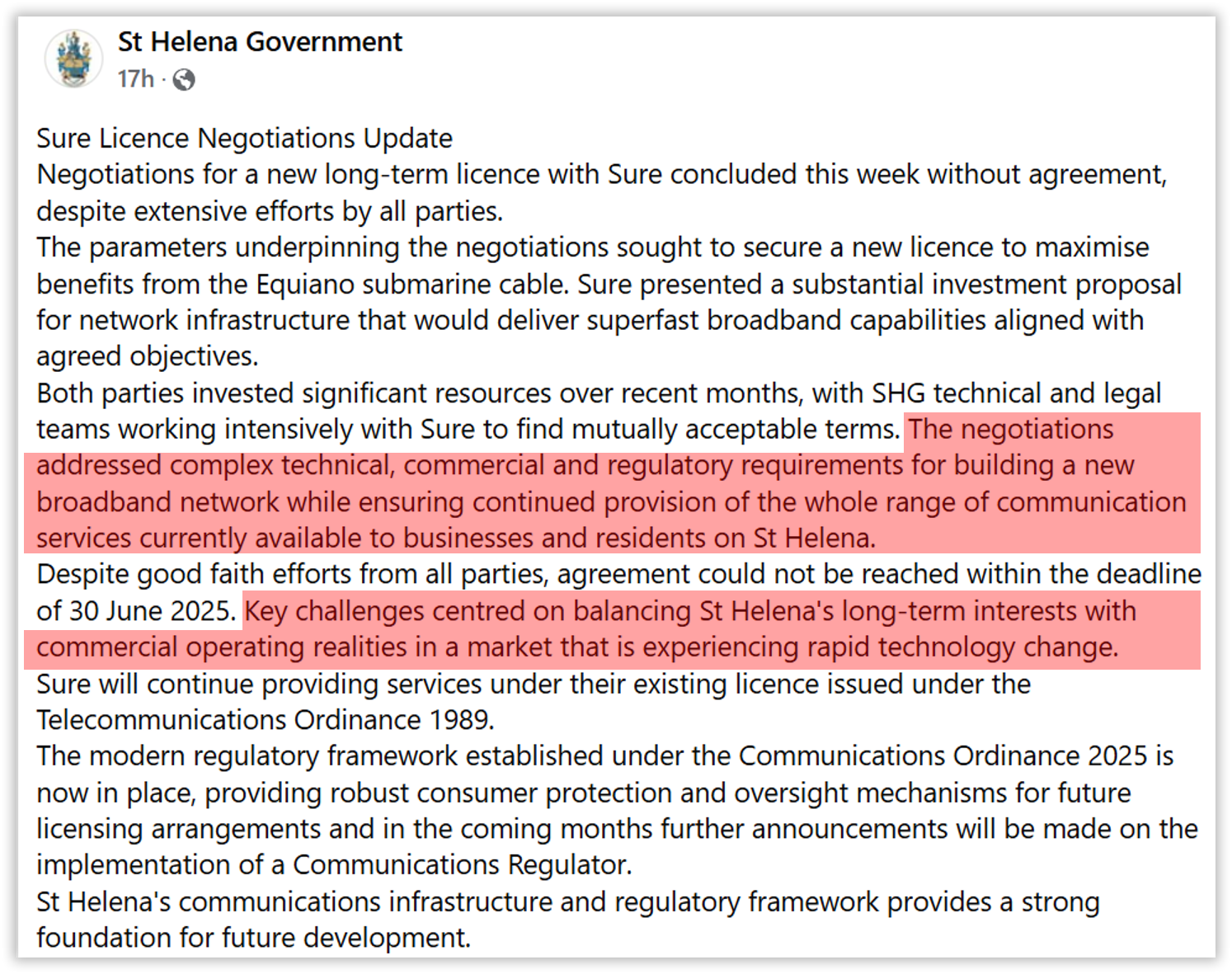
We should bear in mind that this situation is unfolding despite Sure South Atlantic (Sure) routing internet traffic over the 100 Gbit Equiano undersea cable since October 2023 – an event that ended reliance on satellites and, for the first time, opened access to the possibility of high-capacity broadband. This upgrade reduced latency to the UK from approximately 657 ms to 131 ms. What an enviable position for any remote island to find itself in.
However, the two highlighted sentences from the SHG press release can also be said to perfectly mirror the possible nature of the ongoing discussions between the Falkland Islands Government (FIG) and Sure regarding the government’s approval of Starlink. The sentiments expressed in these two sentences may also prove highly relevant to the looming debate over the expiry of Sure’s exclusive Falklands telecommunications licence on December 31, 2027:
“The negotiations addressed complex technical, commercial and regulatory requirements for building a new broadband network while ensuring continued provision of the whole range of communication services currently available to businesses and residents on St Helena” and
“Key challenges centred on balancing St Helena’s long-term interests with commercial operating realities in a market that is experiencing rapid technology change.”
These two statements compel us to ask: “What on earth is going on, and how are they relevant to the Falkland Islands”?

The 2025 St Helena Communications Ordinance
A key part in answering that question can be found in the release of the final version of the St Helena Communications Ordinance 2025, which was approved on June 18, 2025, and is awaiting the Governor’s assent to become law. This new legislation replaces the older 1989 Telecommunications Ordinance (along with its 2022 amendments). This follows a public consultation about the ordinance held in March 2025.
I will focus on one highly relevant issue presented in the bill, which is appropriate to this post: exclusivity.
So what does the new ordinance have to say about exclusivity?
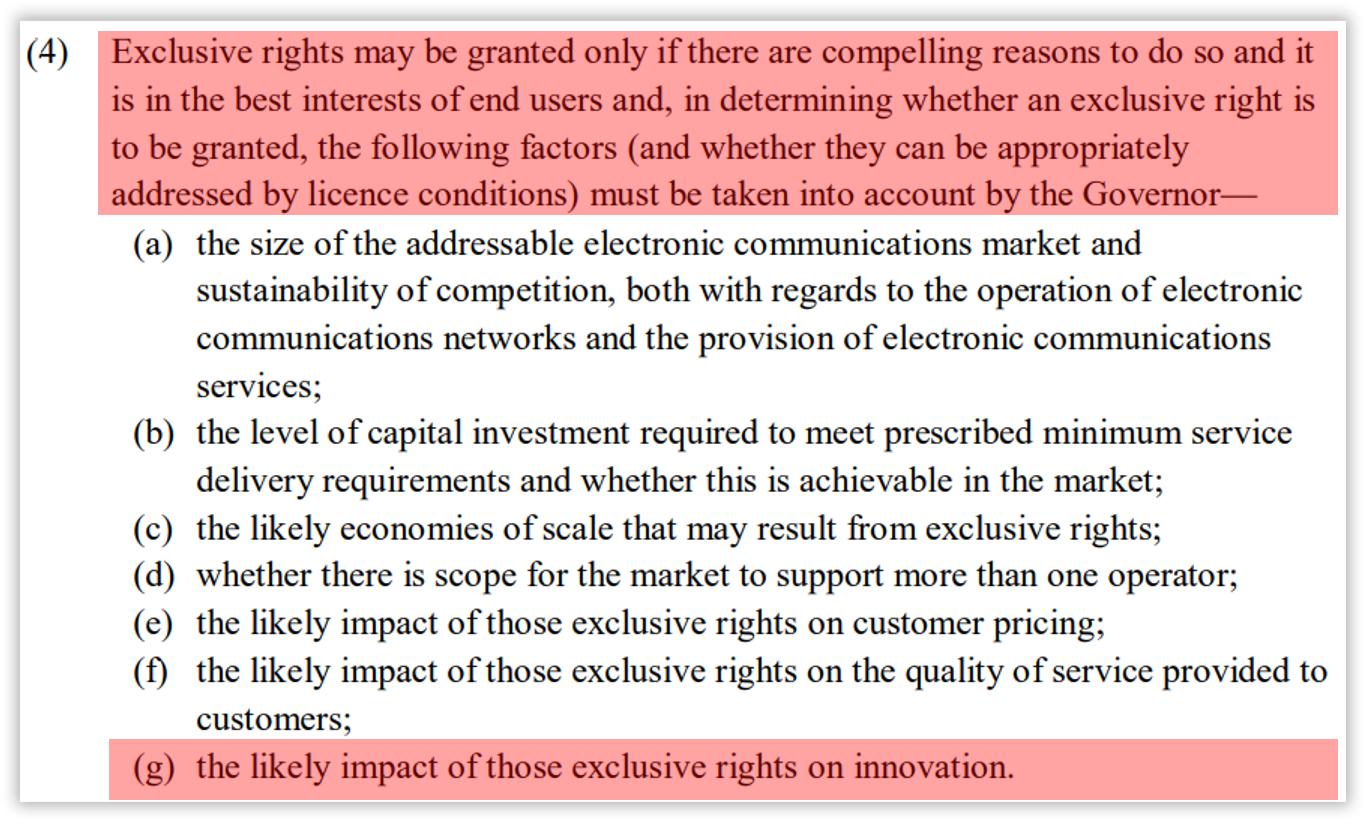
From a Falklands perspective, the above clauses are entirely pertinent and in sympathy with the needs of Falklands telecommunications users, specifically, the terms “best interests of the end users” and the “possible impact on innovation.”
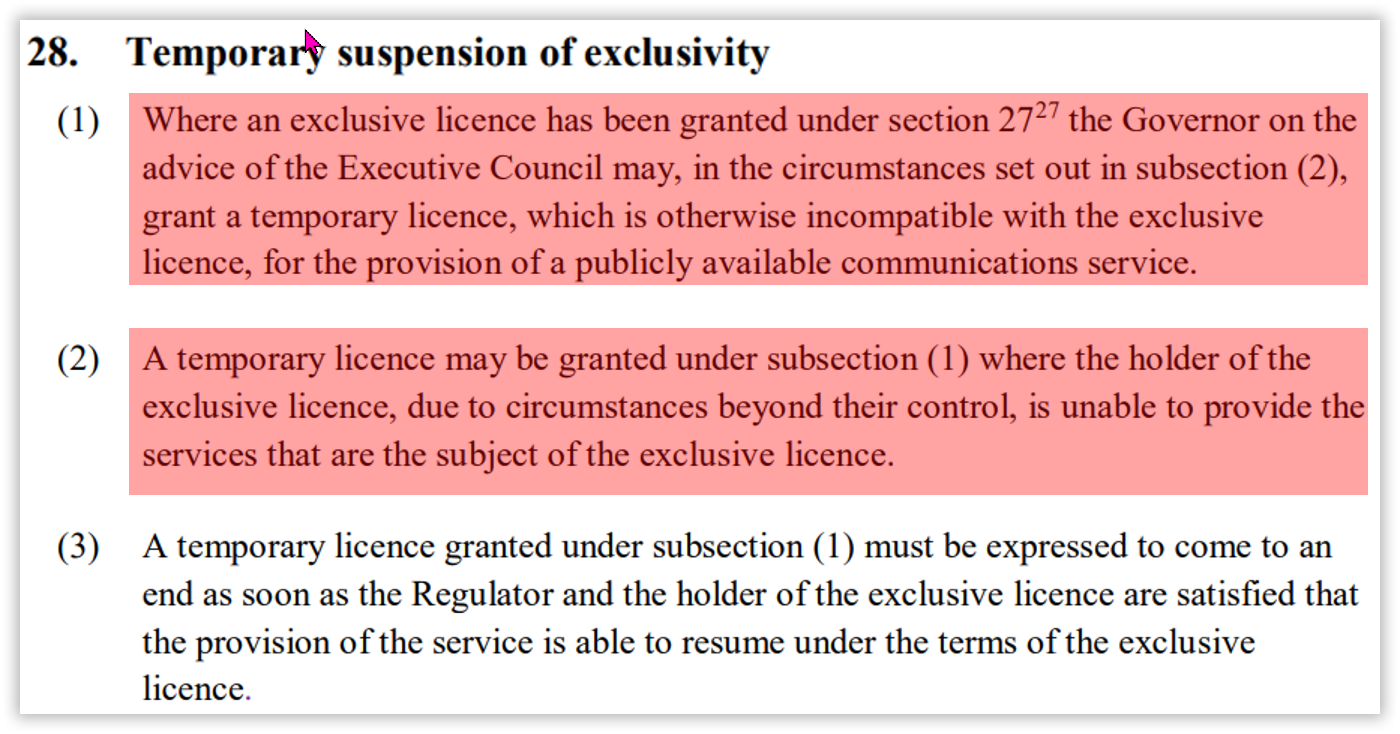
Again, this wording is entirely pertinent and in line with the needs of Falkland Islands telecommunications users and the use of Starlink in the islands.
It is interesting to note that the ordinance does provide for exclusivity in acceptable circumstances, so this will give Sure reason to believe they could achieve it.

Upgrading St Helena’s terrestrial infrastructure
In its press release, SHG stated:
“Sure presented a substantial investment proposal for network infrastructure that would deliver super-fast broadband capabilities aligned with the agreed-upon objectives.”
With the collapse of Maestro’s terrestrial network project as discussed in a previous post, it seems only natural that Sure would step in with a scaled-up upgrade proposal for the island’s terrestrial network.
So, what could be stalling the negotiations?
While this remains entirely speculative, the likely sticking point is that Sure has signalled it won’t commit to such an investment without assurance that its exclusive license will be renewed.
Such a negotiation position runs counter to SHG’s strategy as outlined in the 2025 Communications Ordinance, which aims to open the market and end monopolistic control. A classic stalemate.
Meanwhile, in the background, Starlink quietly gains a foothold despite being officially prohibited!
 What relevance does this have to the Falkland Islands?
What relevance does this have to the Falkland Islands?
The need for upgrading St Helena’s outdated terrestrial network applies just as clearly to the Falkland Islands.
Stanley’s ageing local access network, long overdue for modernisation, urgently requires significant investment to meet 21st-century connectivity standards. Yet Sure has failed to deliver such an upgrade, despite numerous opportunities to do so during its years of exclusivity.
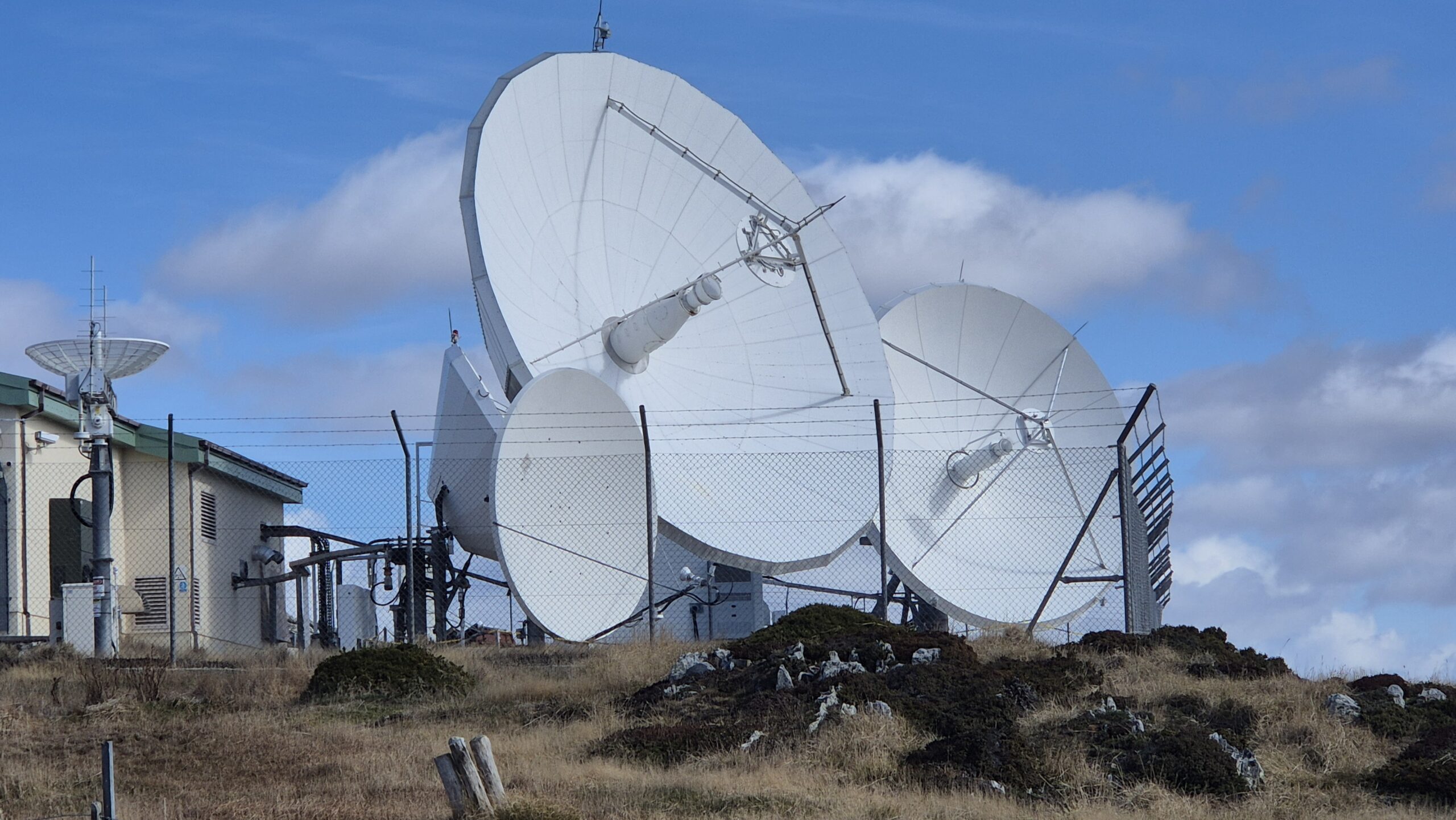
It’s not a significant leap of imagination to believe that Sure could be positioning any potential Sure-financed future upgrade to Stanley’s broadband infrastructure as conditional on the Government agreeing to extend its exclusivity beyond the current licence expiry on the 29th December 2027.
Occam’s razor would seem to apply in the circumstances – the simplest explanation is usually the correct one. From a strategic standpoint, it seems reasonable to interpret Sure’s approach as consistent in both islands, although the specifics of any of the negotiations are not publicly disclosed. Sure maybe adopting the same strategy with both governments to counter the move towards not supporting exclusive telecommunications licences going forward, i.e. an island-wide terrestrial fibre network in St Helena and an upgrade to Stanley’s broadband infrastructure in the Falklands.
Both governments are at pivotal moments, with both reviewing telecom licensing frameworks and the rise of alternatives, such as Starlink, changing the game.
Exclusivity has no place in 21st-century telecommunications.
Connectivity is now a basic utility and is essential for everything from education and healthcare to work and home life. When one provider has exclusive rights, it limits access, drives up prices, and leaves rural and underserved communities, such as those in Camp, behind. It kills competition and removes any real incentive to innovate or improve service. Furthermore, it contradicts the principles of equity and inclusion by narrowing choices and deepening digital divides. Regulation bodies, such as those in St Helena, are moving in the opposite direction toward open access, infrastructure sharing, and net neutrality, as these principles drive fairness and progress. In a global digital economy, where collaboration and interoperability are everything, exclusivity isn’t just outdated – it’s a barrier. These concerns are just as applicable in the Falkland Islands as in any other country around the world.
The St Helena Independent – July 11th 2025:

Conclusion
Across both St Helena and the Falkland Islands, a familiar pattern has emerged: outdated terrestrial infrastructure, rising public demand for better broadband, and Sure possibly leveraging its monopoly position to negotiate continued exclusivity before committing to meaningful investment. This is no coincidence and could reflect a broader regional strategy by Sure to maintain exclusive control amid rapid technological change. Notably, a similar approach has already faltered on Ascension Island.
But the days of telecom monopolies wielding unchecked power over remote islands are coming to an end. The rise of low-Earth-orbit (LEO) satellite services, such as Starlink, and the growing willingness of governments to explore alternative solutions mark a fundamental shift in the balance of power. Consumers and policymakers alike now have unprecedented leverage to demand lower prices, improved service, and genuine competition.
The real question is whether the Falkland Islands Government will seize this opportunity, triggered by the approval of Starlink, to reimagine digital connectivity as a public good: open, competitive, reliable, and future-proof. Or will it retreat into a further decade of exclusivity, delayed infrastructure rollouts, and underwhelming service? The decisions made in the next few months will determine this.
To repeat, exclusivity has no place in 21st-century telecommunications, even if possible future alternative business models represent uncharted territory for the Falklands. St Helena, at least, has shown leadership and has already begun to take that first step, despite the challenges it may present.
Carpe diem!

Chris Gare, OpenFalklands, July 2025, copyright OpenFalklands

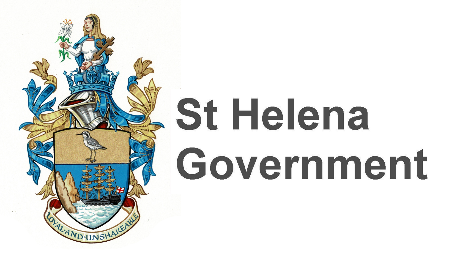
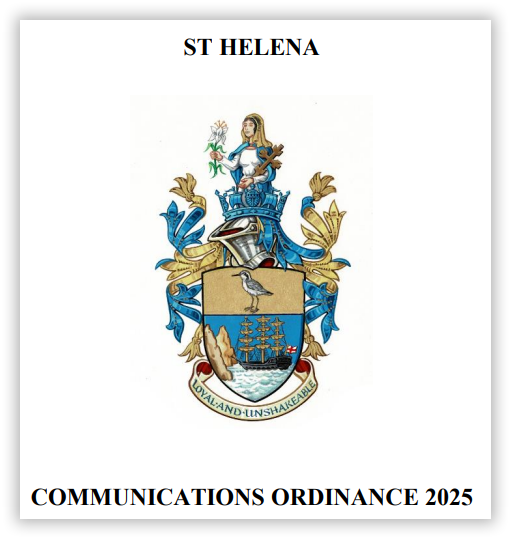

There is a parallel in a different but not totally unrelated field, with those two contradictory factors at play: preserving monopoly powers versus commonsense and fairness. Over many decades St Helenians have demonstrated ingenuity and resourcefulness, including entrepreneurship. These are healthy qualities in any Society but sadly many Saints have only been able to exercise theirs fully when abroad rather than at home. Undeterred, some still try and persevere. One bright spark (pun intended) who managed to see what goes on in the big wide world, saw that solar panels could be used to generate electricity and thus save him some money. St Helena, dependent on its sole provider generating electricity with imported diesel, of course had (has?) very high unit costs.
I suspect most OpenFalklands readers will know immediately where this tale is going. Yes, Bright Spark was cut off as were others seeking to emulate him. Apparently such independence would lead to a serious loss of revenue for sole provider. So no can do!
Well eventually commonsense and the unquestionable environmental protection arguments won through in 2021, but it was a long, arduous, and totally senseless battle, except Individuals are still not free to buy and install their own. The same monopoly retains control. https://www.sainthelena.gov.sh/2021/news/photovoltaic-developments
Without setting out the details, the total cost of FTTP in St. Helena is anywhere between £2-£5m. (If FWA is used in part it could be lower.) For comparison, serving 2,000 premises on the Isle of Wight would be £1.1-£2.3m. So SH is about twice as costly as the UK. But these costs can be amortised over 20 years with ongoing O&M at about £100-£300 per connection FTTP. One suggestion therefore would be to look at costs in a market such as the UK, and multiply these up by around a factor of 2. This could be a rudimentary way to regulate tariffs. In regard of Starlink: this will constrain tariffs of Sure — but thee are good policy reasons to favour fibre deployment. I would be interested to know more about the issues, given I have previously advised on telecoms policy in Saint Helena.